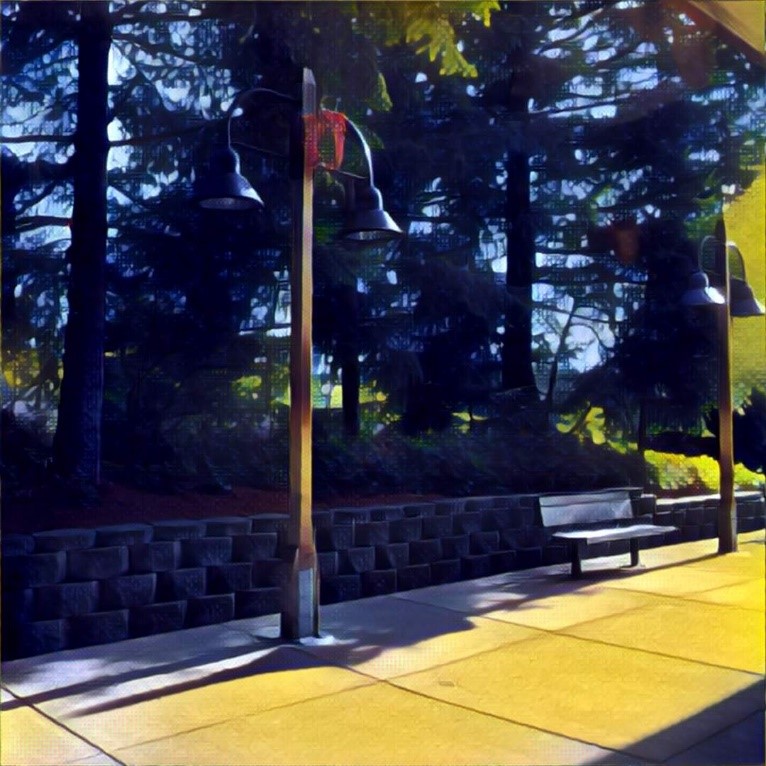When Was the Last Site Visit On Your Project?
- Daniel Wagner
- Energy, Energy Transmission & Distribution, Energy Generation
Every project has a story that begins long before construction and ends further in the future than any of us prefer. Ideally, the project’s story is the same for those in the field as it is for those in the office. If you have ever worked on a long-term construction project, however, you know this is not the case most of the time. We all want our projects to have the same story. If you’re on a project now that may have a different story in the field than the office, you’ll need to bridge the gap between the two.
Using Contractor Payment as Carrot and Stick
- Rob Palena
- Energy, Energy Transmission & Distribution, Energy Generation
As a project owner or manager, you need certain types of information from the contractor to ensure your project is on track. Too often, though, the contractor doesn’t provide the information you need in a timely fashion (if at all). Before you know it, the project can be off schedule and out of budget. How can you avoid getting caught in this situation?
Don’t Let Poor Concrete Work Crack Your Project
- Jason Irving
- Energy, Energy Generation
Concrete may initially sound like a boring blog subject, but if you’ve ever experienced a problem with it on one of your projects, you know concrete can become a costly and time-consuming nightmare.
Considering Withholding Contractor Payment? Know the Risks
- Rob Palena
- Energy, Energy Transmission & Distribution, Energy Generation
Most construction contract Owners have been faced with a perceived lack of performance by their contractor, and subsequently been faced with the choice of whether to withhold monthly payment. If the owner is a state or federal government entity, prompt payment laws almost certainly apply. Private contracts are generally exempt from such laws, but not always: states like Vermont have prompt payment laws covering all construction contracts. Check your jurisdiction to confirm.




